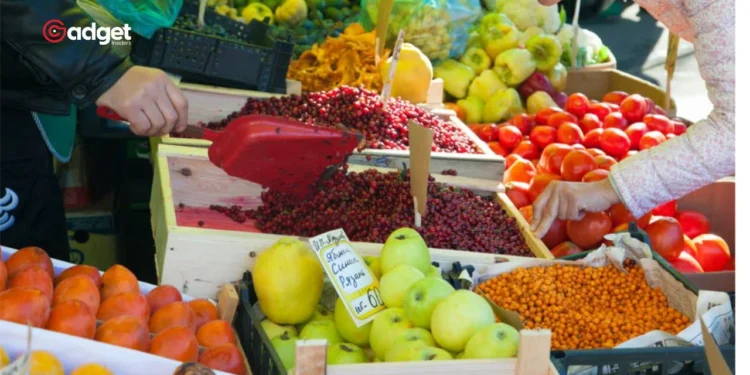It appears that not all organic labels promise a clean and healthy eating experience. A recent investigation by Consumer Reports has raised alarms about the presence of plastic chemicals in some of the most trusted organic food brands, including Annie’s Homegrown, a subsidiary of General Mills. Known for its organic products and commitment to sustainable sourcing, Annie’s Homegrown is facing scrutiny after tests indicated high levels of phthalates in their Organic Cheesy Ravioli.
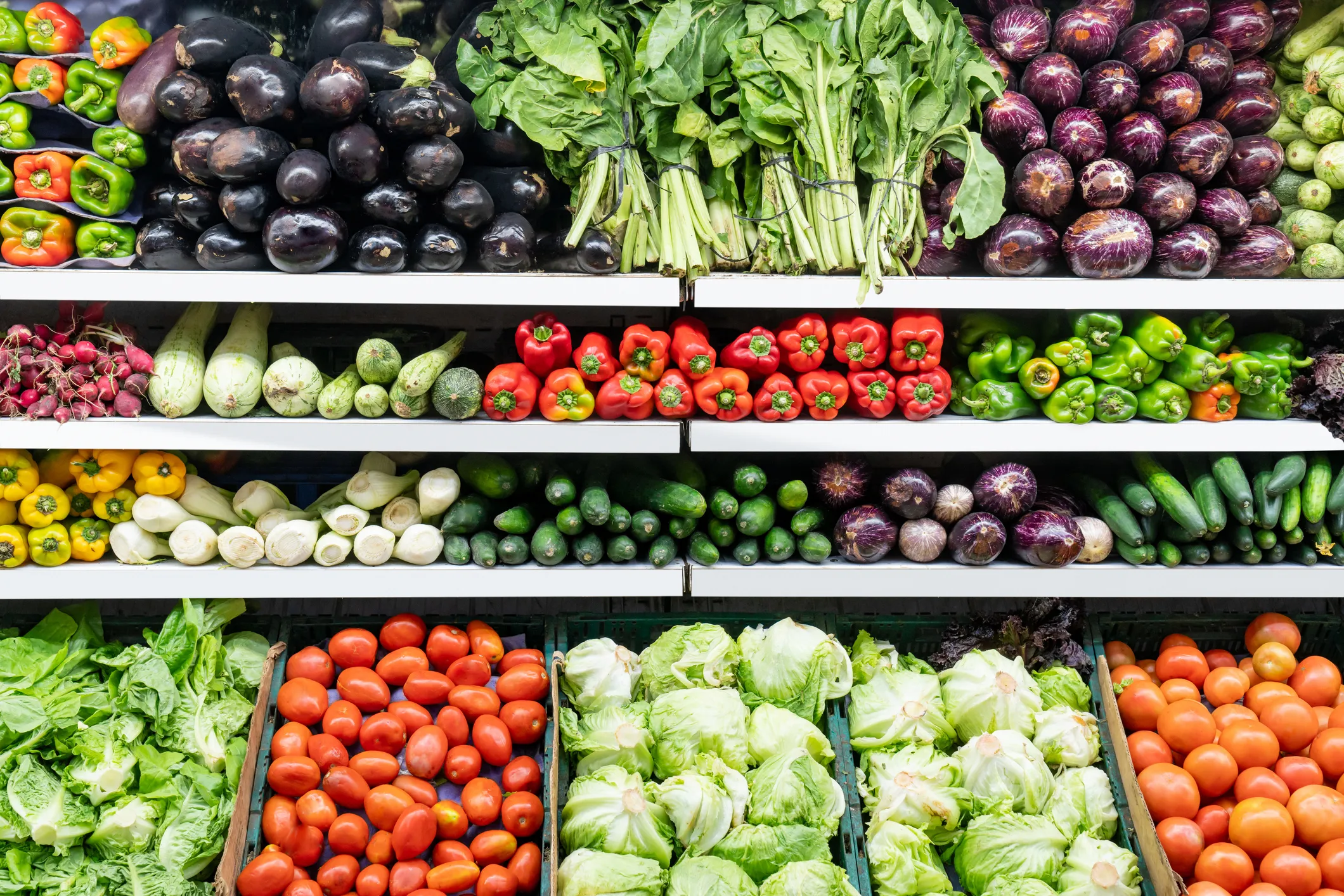
Consumer Reports Challenges General Mills
Consumer Reports, a stalwart in independent product testing, conducted a revealing study involving 85 different food products to identify the presence of hazardous plasticizers.
Phthalates, often added to plastics to increase flexibility, were found in surprising quantities in several food items, including those from brands like Yoplait, Cheerios, Green Giant, and Progresso, all under the General Mills umbrella.
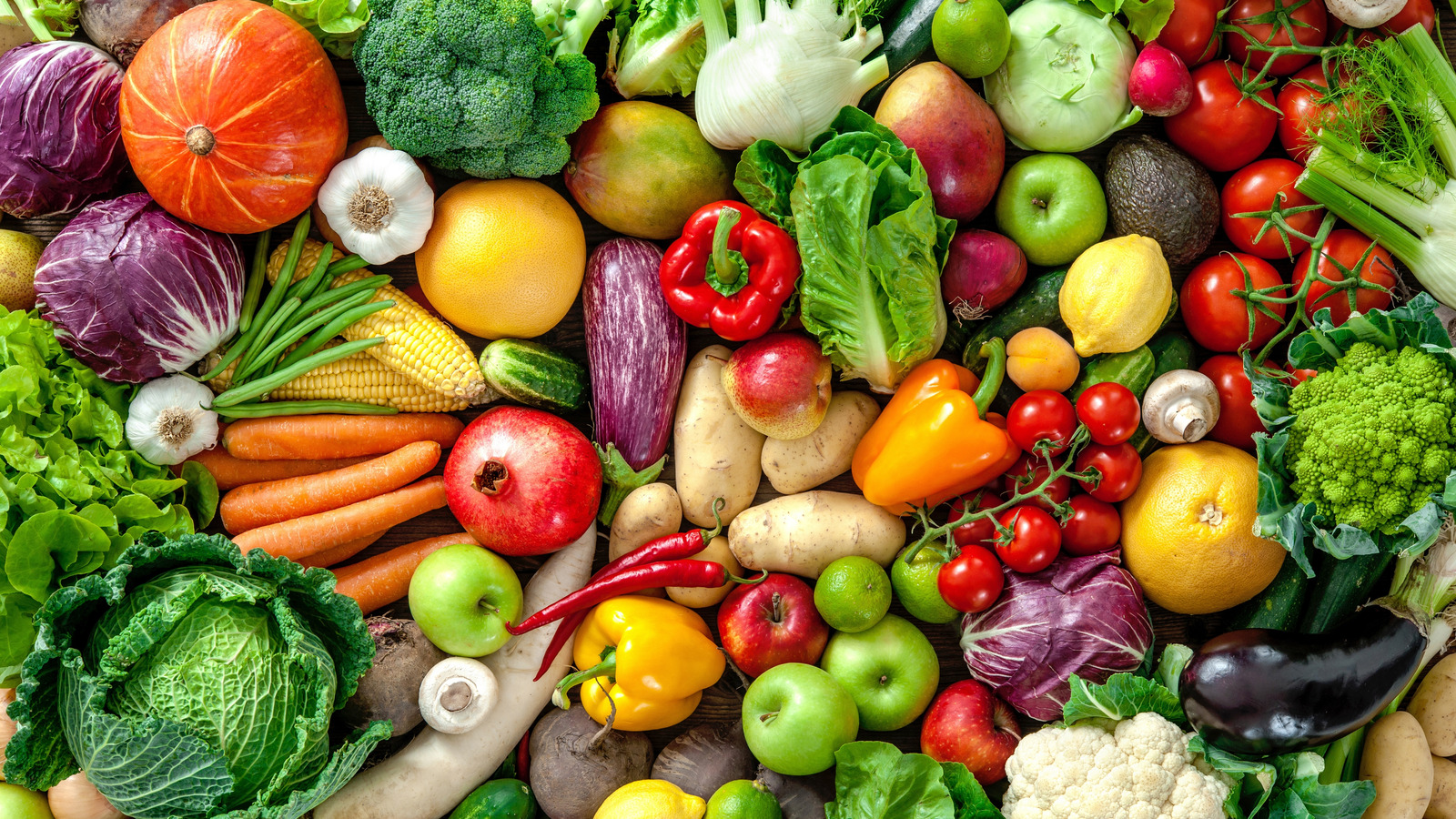
The spotlight, however, has intensified on Annie’s Organic Cheesy Ravioli. “Annie’s is now the third largest producer of organic products, and markets itself on its sustainable ingredient sourcing, a selling point for those trying to buy healthy food for their families,” noted the petition by Consumer Reports.
Yet, the findings suggest a conflicting scenario, where the health-conscious consumer might be at an unintended risk from these plastic chemicals.
General Mills Responds Amidst Consumer Concerns
The revelation has not gone without response. General Mills contests the claims brought forth by Consumer Reports. “We are disappointed with the claims made by Consumer Reports and believe their study is misleading,” stated Mollie Wulff, a spokesperson for General Mills.
“Food safety is and always has been our top priority. We’re incredibly proud of our products, serve them in our homes, and stand by their quality.”
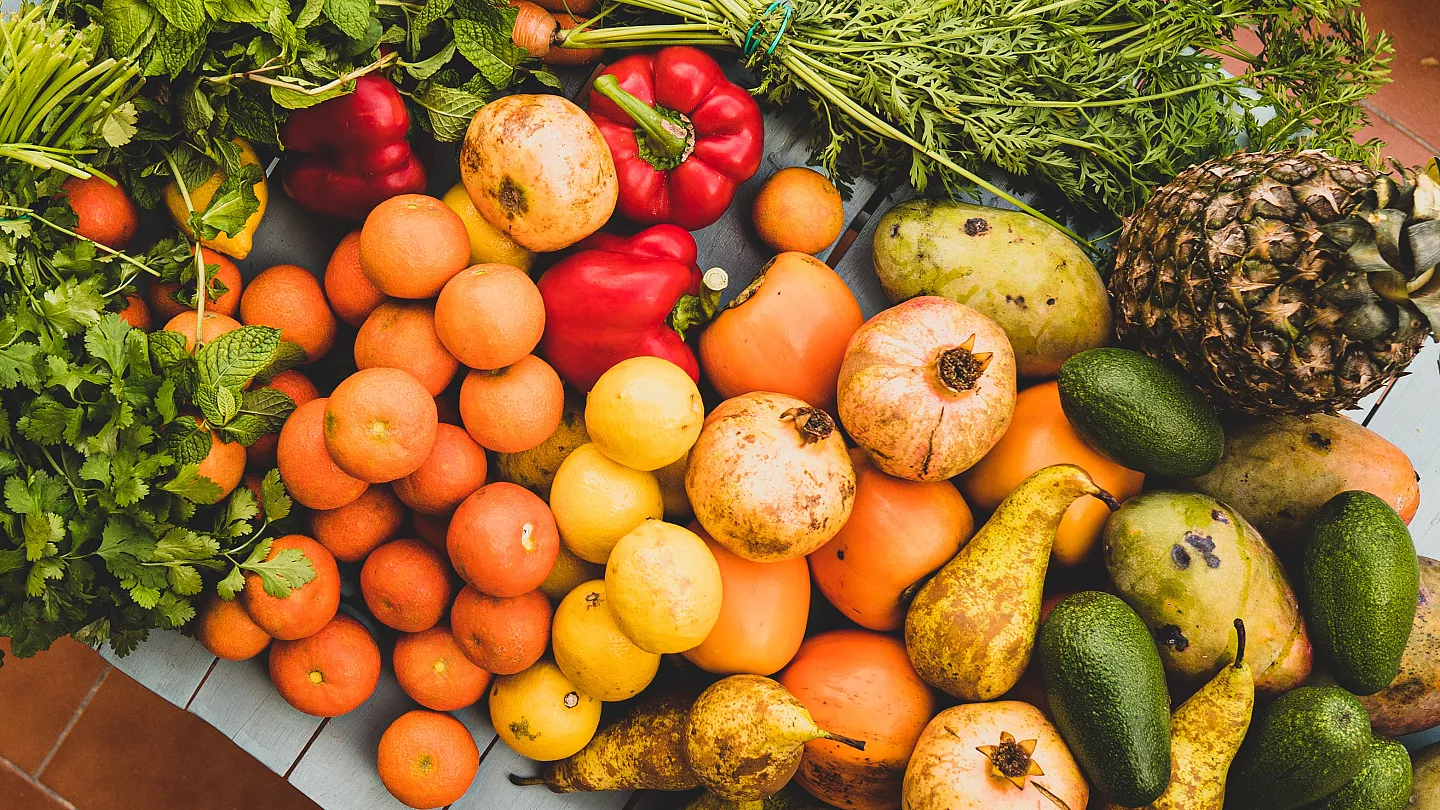
Brian Ronholm, director of food policy for Consumer Reports, suggests that the contamination could be linked to the packaging process or exposure during production, adding a layer of complexity to the issue. While the FDA has regulations that prevent the direct addition of phthalates to food, they are permitted in food contact applications like packaging.
Plastic Chemicals: A Call to Action for Cleaner Food
The implications of these findings are vast, touching upon consumer trust, food safety, and the integrity of organic labeling. As Consumer Reports delivered a 30,000-signature petition to the General Mills headquarters in Golden Valley, Minnesota, the message was clear: the public demands higher transparency and safety in their food choices.
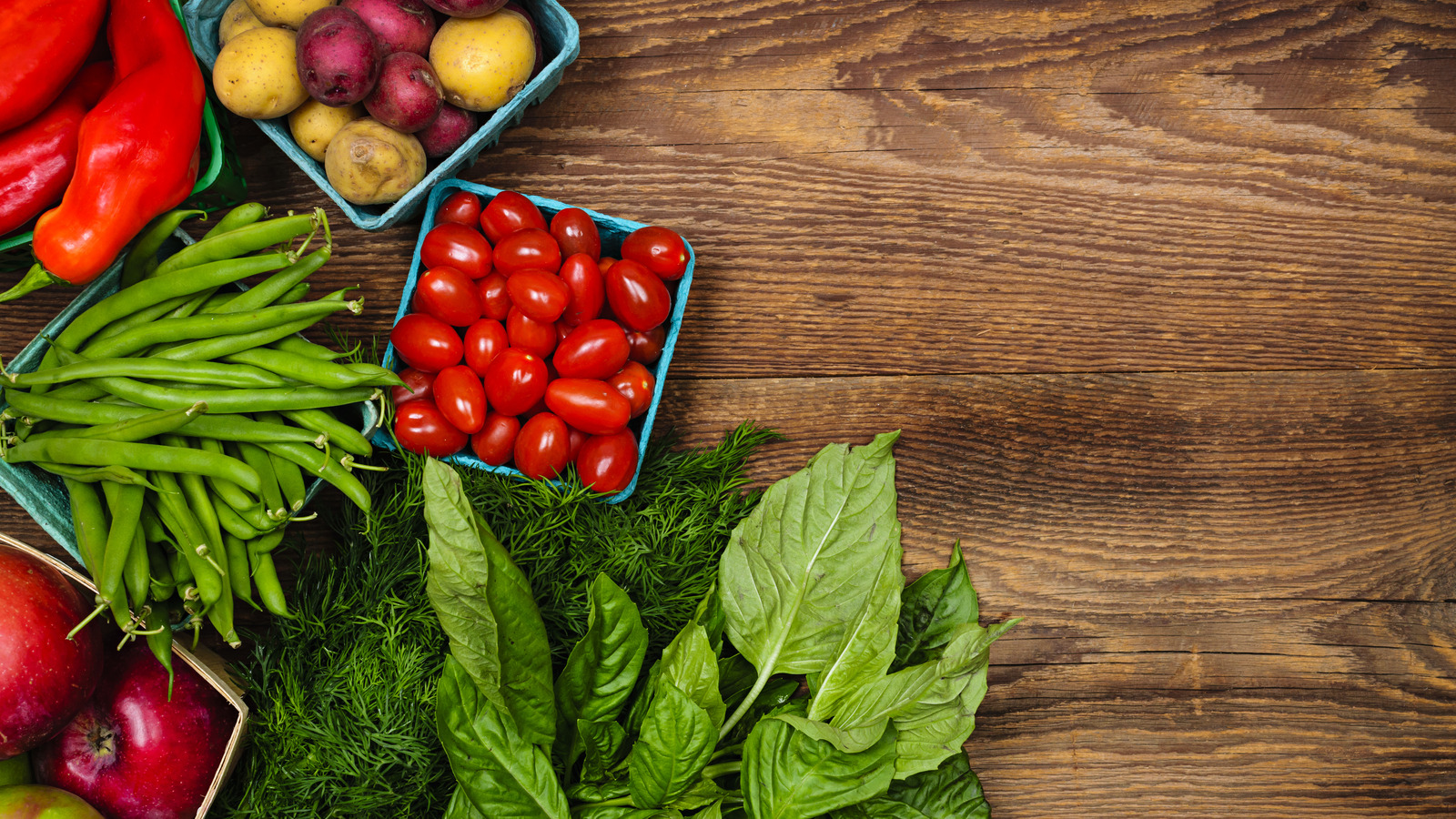
This incident also echoes broader concerns as the FDA continues to handle various food safety recalls, including a recent Class 1 recall for cheese contaminated with listeria in Utah. Such events emphasize the ongoing challenges in maintaining food purity and safety, driving a continuous dialogue about consumer health and the responsibilities of food manufacturers.
As the debate unfolds, the trust placed in organic labels is tested, compelling Annie’s Homegrown and General Mills to possibly reconsider their manufacturing processes to eliminate any risks associated with harmful chemicals. The conversation about what truly constitutes “safe” and “organic” food is far from over, as stakeholders on all sides seek clarity and reassurance in the standards applied to the food on our tables.

